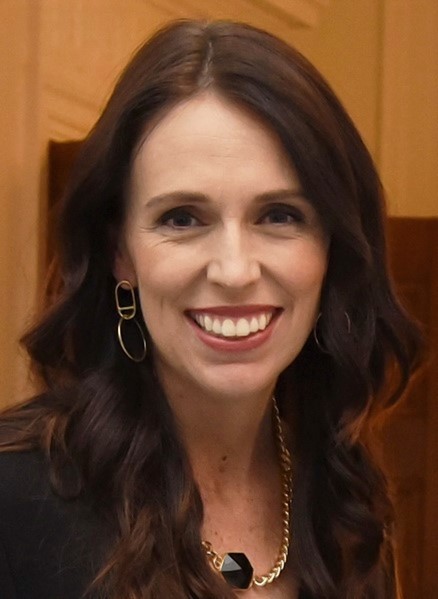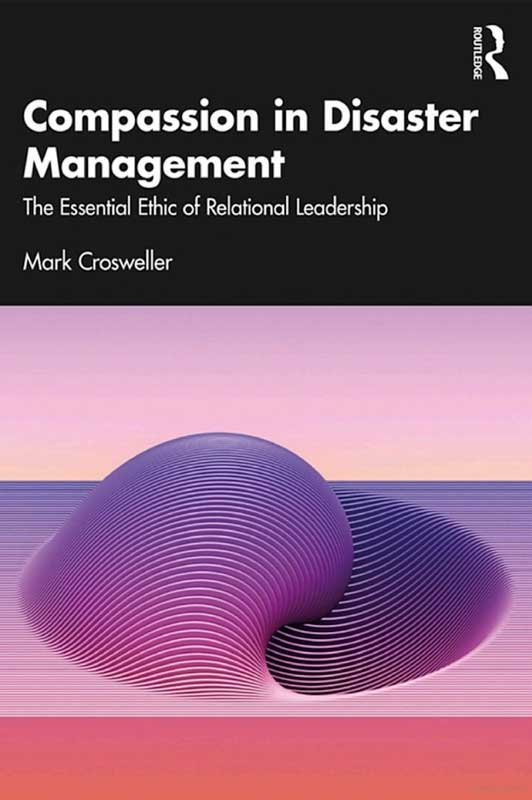The new evidence base of compassion is indicating that when people feel cared for by others, and themselves care for others – they are more likely to feel safe. In their book ‘Awakening Compassion At Work’, Dutton and Worline state that we need to develop compassion competence – so that we are capable of noticing, interpreting, feeling and acting in effective ways when alleviating suffering in the workplace. Notably their research indicates that compassion in organisations bolsters human creativity and the capacity for innovation in two ways:
1) By supporting an employee’s need for meaning, these organisations foster creativity and the generation of new ideas; and
2) by creating the psychology safety that enhances learning.
Hear Compassion Council member Mark Crosweller speak about Ethical Leadership for Compassionate Outcomes.


In his new book Compassion in Disaster Management The Essential Ethic of Relational Leadership Dr Mark Croswell asks the question: Should leadership minimise suffering? This book argues yes: offering leaders, especially those in disaster management, a way to improve their ability to lead, serve, and protect others during disasters and crises. Dr Mark Crosweller has 40 years of experience providing strategic policy advice on disaster management with local, state and national governments. He is a Distinguished Advisor to the National Security College – Australian National University and Director of Ethical Intelligence Pty Ltd. His ongoing research interest is in relational leadership ethics. He is also a member of the Australian Compassion Council.
You can listen to the full interview between Dr Lynne Reeder and Dr Mark Crosweller